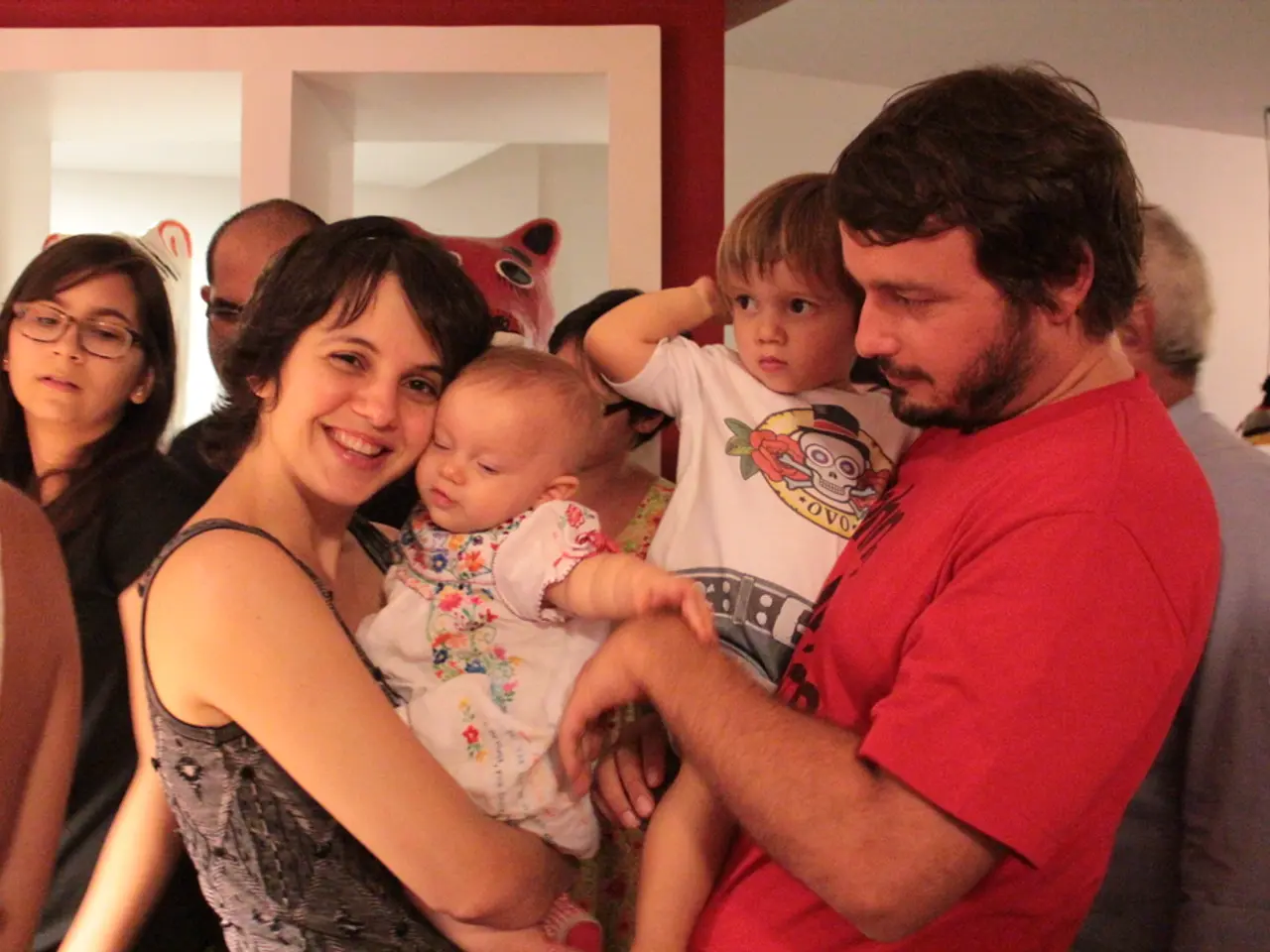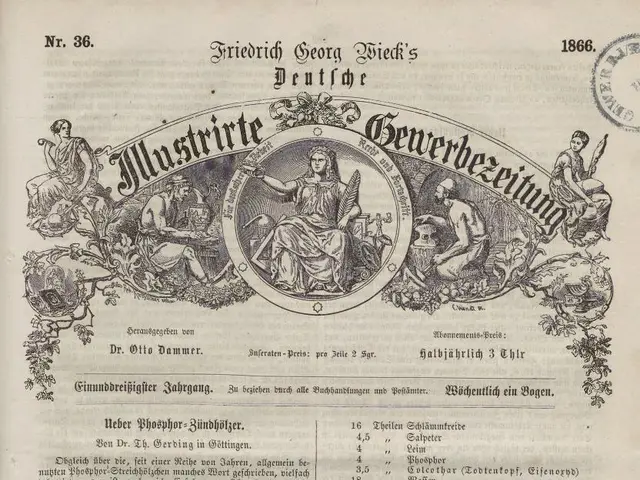"Nationwide Initiative: 'Unity Amongst Others'"
The "Solidary Coexistence of Generations" state program, passed by the city council on 14th December 2022, focuses on fostering intergenerational solidarity, supporting families, and improving the quality of life for all age groups. This comprehensive program includes two key components: the Family Promotion Plan and the LSZ procedure.
Family Promotion Plan (within the Program)
The Family Promotion Plan aims to strengthen family stability, support child development, and promote healthy family environments. Key aspects of the plan include:
- Provision of targeted social and financial support to families, especially those with children.
- Development of community-based family support centers offering counseling, parenting courses, and early childhood education programs.
- Implementation of educational campaigns aimed at promoting family values and intergenerational respect.
- Strengthening employment policies favorable to parents, such as flexible working hours and parental leave.
- Monitoring and evaluation systems to track family well-being indicators and adjust support measures accordingly.
LSZ Procedure (likely referring to a social support coordination mechanism)
The LSZ procedure, passed by the city council on 25th January 2023, is designed to coordinate social services for families and individuals, ensuring effective use of resources and timely assistance. Key aspects of the LSZ procedure include:
- A standardized referral process whereby families in need are assessed and directed to appropriate social service providers.
- Multi-agency collaboration involving health, education, housing, and social welfare departments.
- Case management approach where social workers or coordinators follow up on families’ progress and adapt support plans.
- Use of data systems to track service delivery, outcomes, and to identify gaps in support.
Central to the concrete implementation of the program is the involvement of those affected. The program seeks to create family infrastructure that is tailored to regional conditions and does not specify the exact number of generations within the extended family definition. However, it is understood in an extended sense, encompassing at least two generations.
It is worth noting that the program does not mention any specific measures or initiatives to improve coexistence in the community, nor does it provide details on how it plans to tailor infrastructure to individual lifestyles. The goal of the state program is to create a demand-oriented family infrastructure locally, taking into account regional conditions.
For more exact and detailed descriptions of the Family Promotion Plan and LSZ procedure as implemented in a specific country or region, please provide that information.








